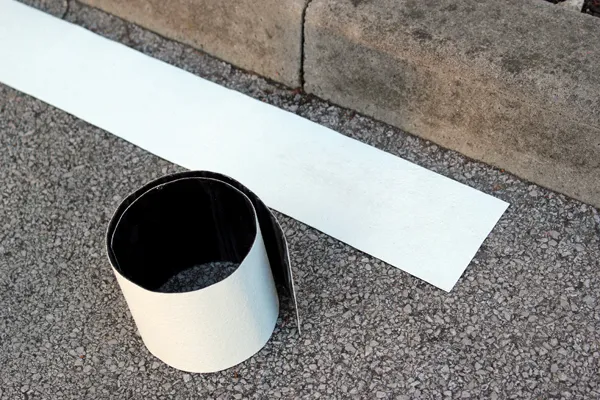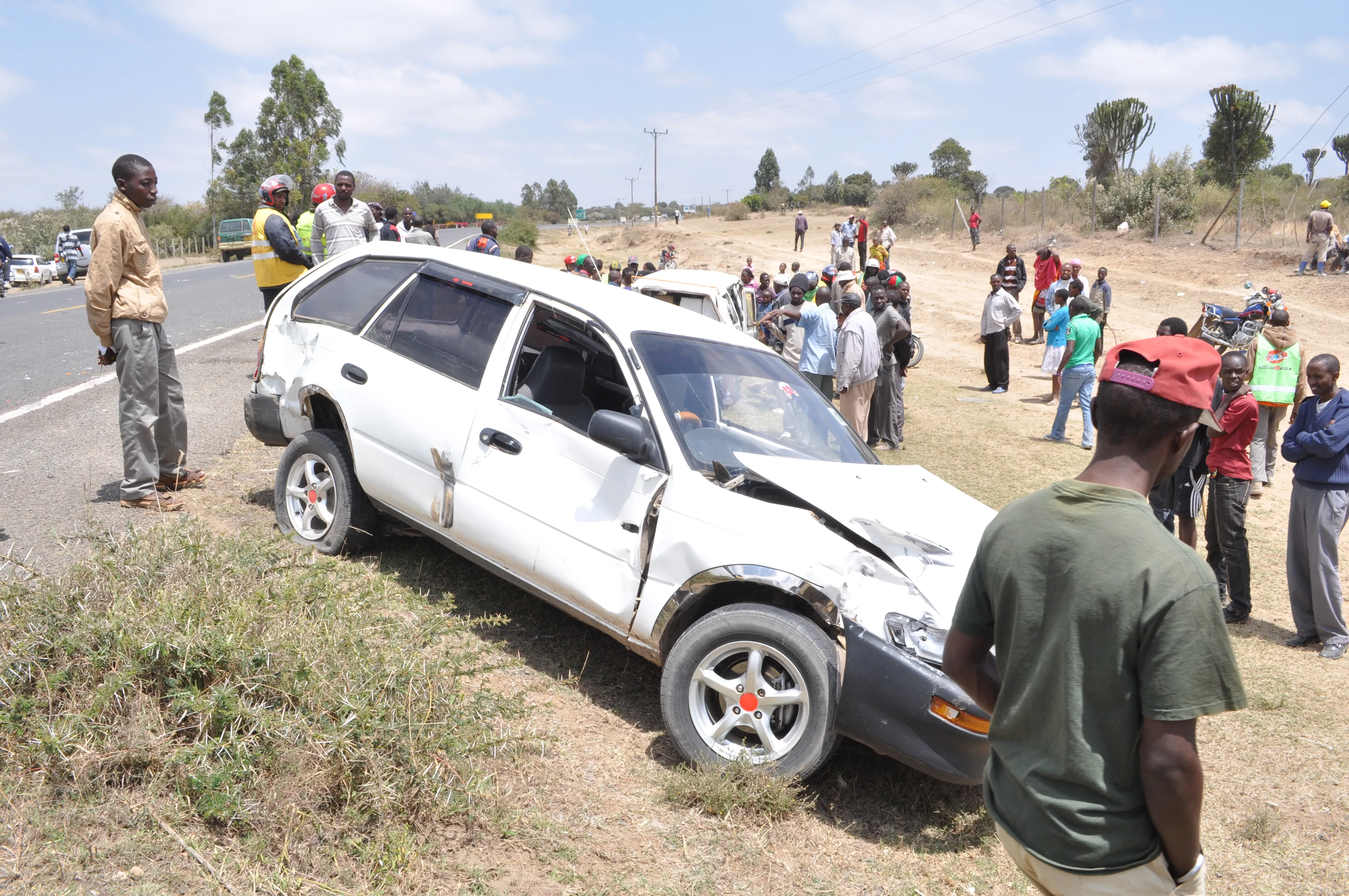A new report says that the vehicle industry and the highways sector should work closely in a bid to save lives on the road.
February 28, 2012
Read time: 3 mins
A new report says that the vehicle industry and the highways sector should work closely in a bid to save lives on the road. Two leading road and car safety groups, European Road Assessment Programme (1200 EuroRAP) and European New Car Assessment Programme (Euro 1199 NCAP), have joined forces to call on the motor industry and the highways sector to work together. This move would ensure that technologies now available in the showroom can deliver their full potential for saving lives. The consultation document, Roads that Cars can Read, issued jointly EuroRAP and Euro NCAP asserts that the condition of road signs and markings presents a major hurdle to the benefits of the latest in-car safety technology. According to the report, technologies in new cars could save thousands of lives in Europe as these systems come into universal use. Increasingly, cameras and sensors are used to read the road ahead and help the vehicle react early if drivers are heading into danger. However, obscured signs or faded road markings are hard to read whether using the naked eye or an in-car camera.
The new report includes a survey of six countries which investigates how signing and marking practice vary around Europe, despite over 50 years of international conventions to harmonise standards. John Dawson, chairman of EuroRAP said, "Huge sums have been spent developing technology that is revolutionising the safety of our vehicles. Little attention has been given to the quality of basic signing and marking with which drivers currently have to cope. We've found no country which systematically measures the quality of signing and marking being achieved. A century after the cat's eye was invented technology is again driving this rethink of how the road ahead can be read safely. The key lesson is that what is good for humans is good for machines." The report recommends that the roads and motor industries should learn to work on new designs together by focusing on helping drivers with two early technologies now offered in new cars. The lane support system reads lane markings to work out the position of the vehicle within the lane and steers drifting vehicles back on path, a common origin of crashes. Meanwhile the speed alert system warns drivers when exceeding posted roadside speed limits. Michiel van Ratingen, secretary of Euro NCAP said, "The roadsides of Europe are littered with flowers and shrines. More than a quarter of road deaths involve running off the road. 'Lane Support' gives the driver a warning that's as physical as hitting a rumble strip on the road. It is estimated more than 2,000 European deaths annually can be prevented with this technology." "The consequences of missing a change of speed limit have become more serious as more nations have adopted a points system and enforce limits rigorously. The speed alert system protects the drivers from missing a speed sign, not least when limits chop and change." The report recommends that during this decade, the road and motor industries should work together to improve signing and marking on the 10% of Europe's roads where the majority of travel and the majority of deaths are concentrated involving higher speed crashes.
These are largely trunk roads with a single traffic lane in either direction. "The majority of European deaths are on national roads and busy regional roads outside towns. We should focus this decade on ensuring the quality of the signing and marking on these busy open roads whether or not the technology needs it," said Dawson. "We now need a full survey of the quality of road signs and markings to measure the real-world variation in signing and marking across borders and define the working tolerances that are acceptable."
The new report includes a survey of six countries which investigates how signing and marking practice vary around Europe, despite over 50 years of international conventions to harmonise standards. John Dawson, chairman of EuroRAP said, "Huge sums have been spent developing technology that is revolutionising the safety of our vehicles. Little attention has been given to the quality of basic signing and marking with which drivers currently have to cope. We've found no country which systematically measures the quality of signing and marking being achieved. A century after the cat's eye was invented technology is again driving this rethink of how the road ahead can be read safely. The key lesson is that what is good for humans is good for machines." The report recommends that the roads and motor industries should learn to work on new designs together by focusing on helping drivers with two early technologies now offered in new cars. The lane support system reads lane markings to work out the position of the vehicle within the lane and steers drifting vehicles back on path, a common origin of crashes. Meanwhile the speed alert system warns drivers when exceeding posted roadside speed limits. Michiel van Ratingen, secretary of Euro NCAP said, "The roadsides of Europe are littered with flowers and shrines. More than a quarter of road deaths involve running off the road. 'Lane Support' gives the driver a warning that's as physical as hitting a rumble strip on the road. It is estimated more than 2,000 European deaths annually can be prevented with this technology." "The consequences of missing a change of speed limit have become more serious as more nations have adopted a points system and enforce limits rigorously. The speed alert system protects the drivers from missing a speed sign, not least when limits chop and change." The report recommends that during this decade, the road and motor industries should work together to improve signing and marking on the 10% of Europe's roads where the majority of travel and the majority of deaths are concentrated involving higher speed crashes.
These are largely trunk roads with a single traffic lane in either direction. "The majority of European deaths are on national roads and busy regional roads outside towns. We should focus this decade on ensuring the quality of the signing and marking on these busy open roads whether or not the technology needs it," said Dawson. "We now need a full survey of the quality of road signs and markings to measure the real-world variation in signing and marking across borders and define the working tolerances that are acceptable."







